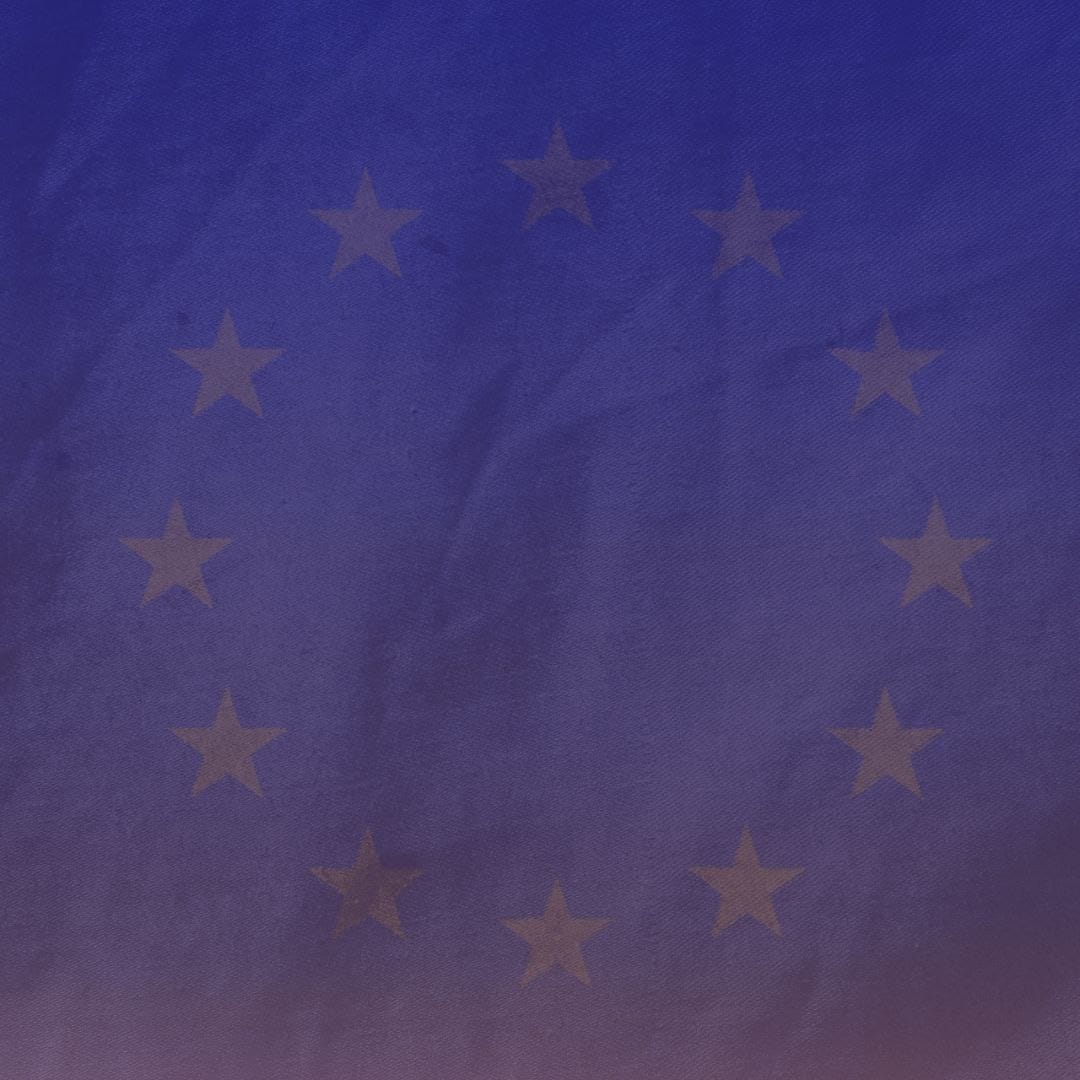
The European Student Think Tank is proud to present the second installment of its academic journal; the European Policy Review. The EPR is available for free to download here, or to read on issuu here.
The European Policy Review is a peer-reviewed journal that publishes academic, student-written papers on a wide range of topics related to European Union policy. In line with the objective of the European Student Think Tank to provide a platform for discussion amongst students that share an interest in the EU, this journal seeks to involve students in the central and controversial debates in European politics. This journal therefore not only seeks to bring to the fore students’ perspectives on EU policy, but also aims to target a wide young academic readership.
The European Policy Review has an international and multi-disciplinary character. The contributors to, and makers of, this journal are students from various countries, with different backgrounds and perspectives. The journal consciously chooses to cover a broad spectrum of topics and to incorporate multiple disciplines, thereby reflecting the numerous angles from which EU policy can be studied and discussed.
A team of qualified editors and peer reviewers has examined all the submitted papers and has made a careful selection on the basis of academic quality and potential contribution to the journal. The editors and peer reviewers have provided the authors of the selected papers with extensive feedback. On the basis of those comments, the authors have been able to revise their paper and produce an improved result.
IN THIS EDITION:
Martijn Gerritsen writes about renewable energy policy in the EU and analyzes the extent to which the Renewable Energy Directive has been successfully implemented by the European member states. On the basis of this analysis, the paper provides novel insights into the likeliness of achieving the newly established targets of the 2030 Framework for Climate and Energy. Read the full story here
Theano Damiana Agaloglou analyses EU-US relations after the end of the Cold War and argues that the United States has continued to be more of a patron than a partner to the EU in the foreign policy field. The paper demonstrates that the EU, especially in international crises, still tends to be dependent on America’s political and military weight. Read the full story here
Wander Engbers takes a closer look at the role of the Dutch provinces in EU policy-making. By using the Multi-Level Governance framework, the paper investigates how the domestic position of the Dutch provinces influences their paradiplomatic strategy in the European policy arena. Read the full story here
Marten Kooistra shows how Cold War strategic thinking in France, Germany and the United Kingdom resulted in an Atlantic Europe – a Europe heavily reliant on the United States. The paper also considers the implications of contemporary power shifts for Europe’s strategic and geopolitical affairs. Read the full story here
Manuel Pietzko looks at the role perceptions of the European External Action Service (EEAS) and investigates how the initial expectations of the Commission, Council and Parliament are reflected in the final decision establishing the EEAS. By revealing the various role perceptions held by these actors, the paper helps to understand its current setup. Read the full story here
Finally, Dora Hegedus examines the extent to which the European Commission acts as a policy-entrepreneur rather than simply as an agent of member state governments. Instead of providing a general account of how the Commission works, this paper presents a deeper analysis of the driving factors that gravitate the role of the Commission towards either the intergovernmentalist or the supranationalist end of the ‘theoretical scale’. Read the full story here

 Is EU citizenship for sale – or for keeps? A critical analysis of the CJEU’s Golden Visa ruling.
Is EU citizenship for sale – or for keeps? A critical analysis of the CJEU’s Golden Visa ruling.  The European Union in Space: From exploration and innovation to security and autonomy
The European Union in Space: From exploration and innovation to security and autonomy  The Rise of the Right: The Threat Right-Wing Extremism Poses to Women and Feminist Efforts in Germany
The Rise of the Right: The Threat Right-Wing Extremism Poses to Women and Feminist Efforts in Germany  The silent shield – how special operations safeguard the global supply chain
The silent shield – how special operations safeguard the global supply chain 


